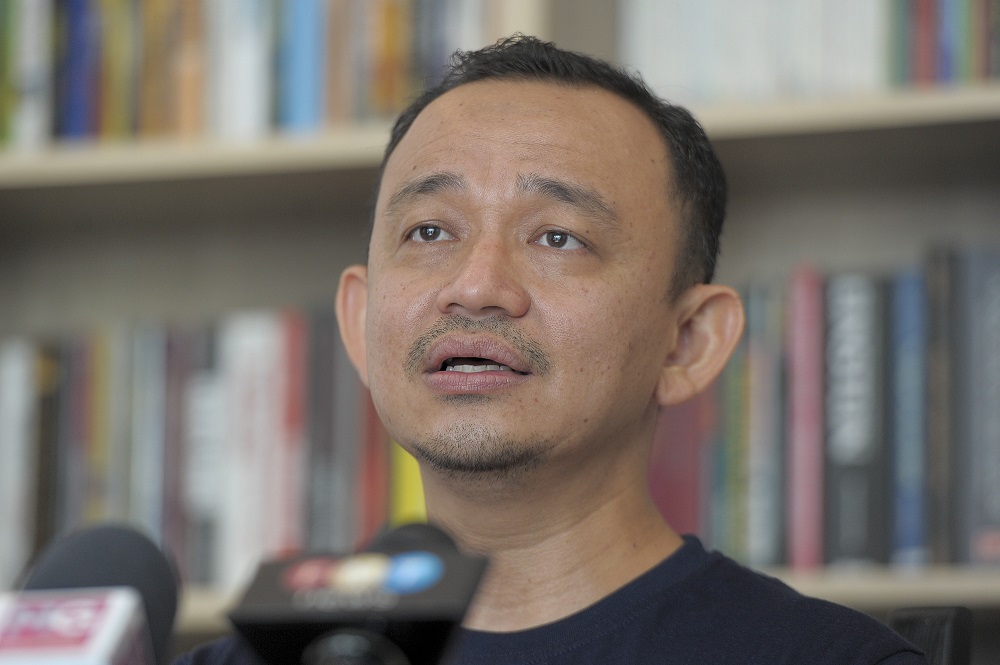
Subscribe to our Telegram channel for the latest updates on news you need to know.
KUALA LUMPUR, Feb 16 — Maszlee Malik, who resigned as education minister early last year, today extended his hand to the Perikatan Nasional (PN) government to “save” the learning-from-home experience for students and teachers during the extended Covid-19 crisis.
The Simpang Renggam MP said a holistic approach is needed to take on the current infrastructural problems wrecking the learning experience, and suggested the government accept all the help it can get.
“We are in an Emergency. Desperate times call for desperate measures. If not now, when?” he posted on Twitter today.
Maszlee was education minister in the previous Pakatan Harapan government and left in early January 2020, before its collapse a month later.
Formerly a part of Bersatu, he was seen as aligned to Tun Dr Mahathir Mohamad, but has since become an independent lawmaker instead of joining the ex-prime minister’s latest political vehicle, Parti Pejuang Tanah Air.
In his statement today, Maszlee said a holistic approach involving diverse agencies and not just the Education Ministry or the Higher Education Ministry is required to overcome the remote learning challenges faced by students and teachers brought on by the closure of schools under the current movement control order.
“I do not oppose the decision to implement PdPR because I understand the situation that our country is facing,” he said referring to the Teaching and Learning at Home by its Malay abbreviation.
“But strive to provide good infrastructure and ecosystem so that PdPR is effective and our children’s education can be saved,” he said.
Maszlee offered several suggestions to overcome what he saw as essentially an infrastructural wall impeding learning.
He said to deal with the problem of poor internet access, the Communication and Multimedia Ministry should look to using radio and television as teaching tools again.
He added that the National Film Development Corporation and Malaysia Digital Economy Corporation can lend their support to provide effective materials for the students.
He also suggested both the Education Ministry and the Higher Education Ministry set up tuition hubs in areas where there is no internet access so students can continue their learning uninterrupted.
His suggestions today appear to be a continuation of his previous initiatives to resolve the nationwide learning problem in the aftermath of the third Covid-19 wave.
Maszlee said that state governments, publishers, non-government organisations and even the National Library can contribute towards saving the “lost generation of education” by providing teaching materials to children, free books and doubling reading campaigns on various mediums.
He also suggested that the National Unity Ministry together with the Orang Asli Development Department build education centres in rural settlements to help one of the most marginalised groups to get internet access.

